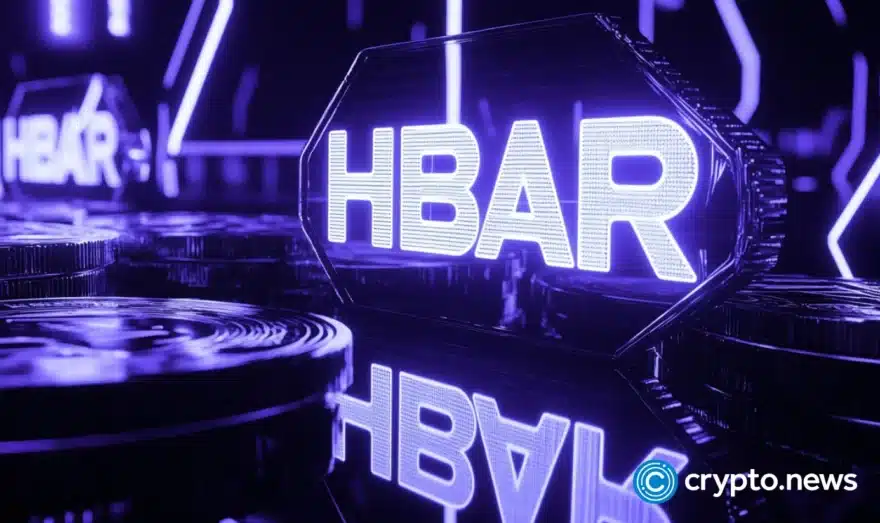Chainlink price surges 15% as whales make major moves

Two cryptocurrency whales have acquired a substantial amount of Chainlink (LINK). LINK price soared 15%.
On July 20, the traders swapped 3,146 staked ethereum (stETH) and ethereum (ETH) tokens worth $5.72 million to purchase 788,877 Chainlink (LINK) tokens.
The two whales with wallet addresses 0x8b9 and 0x362 have seemingly acted as one entity to execute a momentous token swap.
This acquisition was carried out at an average price of $7.25 per LINK token. This swap’s scale and strategic timing have sparked intrigue and speculation in the crypto community.
The price of Chainlink (LINK) posted a 15% increase in the past 24 hours, reaching $8.12.
On the weekly timeframe, LINK has experienced a significant surge of 12.9%. The 24-hour trading volume for LINK stands at $1.5 billion, with a circulating supply of 538 million LINK. Chainlink’s market capitalization is $4.3 billion.
Currently, the price of LINK is trading around the resistance level. On the other hand, strong support is observed at around $6.6, a significant level for buyers.
According to CryptoFaibik, LINK’s price could experience a significant increase of 260% to 280% in the midterm.
The potential reason for this optimistic forecast is the possibility of a Falling Wedge Breakout. A Falling Wedge pattern is considered a bullish signal and could lead to a price surge if the breakout occurs.
Chainlink enabling cross-chain interoperability
In Aug. 2021, the Chainlink team launched its Cross-chain Interoperability Protocol (CCIP), to enable seamless and cost-effective value exchange between distributed ledgers.
In June, the Society for Worldwide Interbank Telecommunication (SWIFT), joined forces with Chainlink and other financial organizations to extend the former’s blockchain interoperability efforts.
Last month, Chainlink released its Q2 2023 product update, outlining its focus on three crucial pillars: data, computing, and cross-chain capabilities.
The Data Feeds and Data Products have played a vital role in providing reliable on-chain information about external events, enabling the expansion of on-chain finance and tokenization of real-world assets.
Recent deployments include rate and volatility data feeds, facilitating pricing, trading, and settlement of tokenized assets and on-chain derivatives contracts.

















